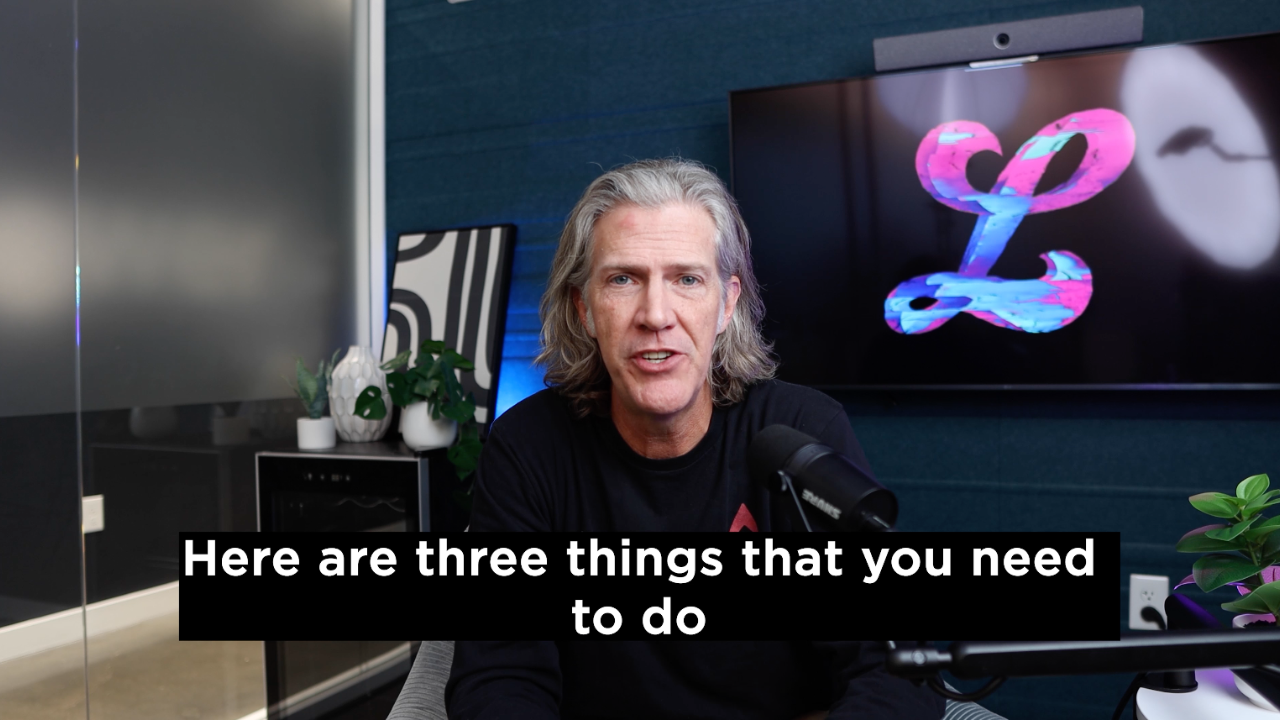What Is Home Equity?
Essentially, equity is the amount you’ve paid toward your home that your lender doesn’t own. It’s the balance you’d receive if you sold your home and the mortgage loan was satisfied.
You build equity in your home as you pay down the principal on your mortgage and your home increases in market value. Whatever down payment you put toward the purchase of your home is also included in this amount.
There are a few options for homeowners who want to tap into their home’s existing equity as an easy and convenient way to obtain liquid funds. All of these options accrue debt, so they’re not ideal for recreational expenses or routine bill-paying. Generally, though, home equity loans (also known as secondary mortgages) carry lower interest rates than personal loans, so they offer opportunities for homeowners to get any extra cash they need at a lower cost.
Leveraging home equity is one of the main benefits of homeownership.
What Is a Home Equity Loan?
Unless you purchased your home using cash only, you already have one mortgage on your property. A home equity loan. You receive a lump sum in exchange for an additional lien on your property.
Just like your existing mortgage, a home equity loan will have a fixed term (usually 15 or 30 years) and usually a fixed interest rate as well. Although the interest rates for second mortgages can trend higher than those for first mortgages, they are still lower than for personal loans or credit cards.
As you pay off your home equity loan, your payments will be split between principal and interest, just like your current mortgage payments.
Although a second mortgage isn’t generally recommended for expenses like vacations or regular bills, it can be a good option for any large, upfront expenses like medical bills or educational costs.
You’ll get the most value from your loan if you use it for home improvements and renovations. You’ll be able to deduct the interest of the loan from your taxes while increasing the value of the home—and its overall equity—at the same time.
Although the interest rates for second mortgages are higher than for first mortgages, they’re still lower than for personal loans or credit cards.
Requirements for a Home Equity Loan
Since your property is the collateral for a home equity loan, you need to make sure you build equity before you can qualify. You’ll also need to meet a few other criteria.
A credit score below 620 may make you ineligible for a home equity loan. To get the best rates, you’ll want to have a credit score above 700.
You should also be aware of your loan-to-value (LTV) ratio, which represents the overall debt you already have. At least 20 percent equity in your home and a debt-to-income (DTI) ratio of less than 43 percent will help you secure a competitive rate on your loan.
Since you’ll need to make future payments to pay back your loan, you should also have a reliable income source so you don't have to worry about defaulting on payments.
The value of your home also comes into the equation when determining equity. Available equity is calculated by subtracting the home’s current estimated market value from the balance of your existing mortgage.
The available equity you have in your home is calculated by subtracting the home’s current estimated market value from the balance of the existing mortgage.
Pros and Cons of Getting a Second Mortgage
Home equity is the biggest asset most homeowners possess, so it makes sense to put that asset to work when you’re facing large, immediate expenses. Consider some of the pros and cons of a home equity loan before applying for one to ensure it’s the right option for you.
Pros
- Home equity loans have lower interest rates than unsecured forms of lending because they use your property as security for the loan.
- Home equity loans can help you avoid withdrawal penalties from an IRA or early retirement plan distribution to obtain cash.
- If you use the cash from the loan for home improvements, you can actually increase the equity in your home, which can then be used for future loans.
- If you use the funds for home renovations, you can also deduct the interest on the loan when filing your tax returns.
- You can use loan proceeds to consolidate other forms of debt, saving money and improving your overall cash flow.
Cons
- You have to commit to paying off the debt monthly, including interest.
- A home equity loan may contribute to a revolving debt cycle if you’re living above your means and using loans to pay off other loans.
- Just like with your existing mortgage, the collateral for the loan is your home, and a second mortgage places an additional lien on the property. If you default on the loan, you could lose your home.
Home equity loans have lower interest rates than other forms of lending because they use the property as security for the loan.
Alternatives to a Home Equity Loan
In addition to a home equity loan, you can also tap into the value of your home equity through either a home equity line of credit (HELOC) or cash-out refinance.
Home Equity Line of Credit (HELOC)
Another way to access your home equity as a homeowner is with a HELOC. While a home equity loan works much like a purchase loan or mortgage, a HELOC works more like a credit card. It offers more flexibility in terms of how you can access funds.
During an initial “draw” period, you can withdraw funds from a HELOC. After you pay off the principal on that withdrawal, the credit revolves for you to use again.
You also have flexibility in how you make payments on the loan. You can pay only the interest or a combination of interest and principal (which pays the loan down faster). Generally, interest rates for HELOCs are variable.
After the draw period, you begin a repayment period during which the remaining interest and principal for the loan come due. This repayment period can last anywhere from 10 to 20 years.
As with a home equity loan, HELOCs that are used for home improvement projects may be tax deductible. They offer homeowners options for renovations or for debt consolidation.
Cash-Out Refinance
You can also access the equity in their home through what’s called a cash-out refinance. Unlike a home equity loan or HELOC, a cash-out refinance isn't a second, but it does allow you to leverage the value of your home—and lower your rate if available.
In a cash-out refinance, you refinance your home once it has increased in value and receive the balance between the current value of the home and the balance on the mortgage. Instead of ending up with two mortgages, you replace your existing mortgage through the refinance.
You can then spend the cash difference on whatever you like. After the refinance, your mortgage payments will be based on the new interest rate. Be aware that you will need to pay from 2 to 5 percent of the loan in closing costs.
In addition to a home equity loan, you can also tap into the value of your home equity through either a home equity line of credit (HELOC) or cash-out refinance.
Is a Home Equity Loan Is Right For You?
If you have a stable source of income and believe the lump-sum payment of a home equity loan could let you responsibly complete a home renovation project, consolidate debt, or navigate a medical or educational expense, a home equity loan may be a good option for you.
Before you pursue a home equity loan, do a preliminary check of your credit score, available home equity, and your budget. If the numbers seem comfortable to you and you believe you would qualify for a home equity loan, you can take advantage of the equity you’ve built in your home.
If you have a stable income source, a home equity loan may be a good option for you.
For help deciding what's best for you, give us a call. We're Lower.

















.svg)
.svg)

.svg)














